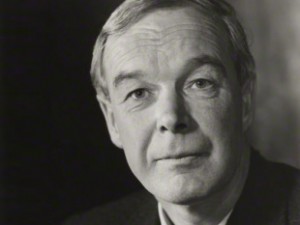14th June 2012 New Delhi, India
International research funding opportunities
It’s what everyone wants to know about! We have news of an exciting research professorship and updated UK policy on international collaborators in social sciences.
We recently ran a survey to ask for your views on the information we provide about UK-India Science & Innovation collaboration. Your answers have made for some interesting reading and we’ll be taking these on board throughout our communications. However, one thing we knew before we even started was that our most popular webpage is about funding opportunities.
That’s hardly surprising – there’s no such thing as a free lunch and international collaboration is no exception. That’s why the presence of the UK Research Council Office in Delhi is so important. Since it opened, research jointly funded by the UK and India has risen to over £90 million in the last three years. It’s also why the UK-India Education and Research Initiative is so valuable.
And it’s why we try to maintain our summary of funding opportunities available. We don’t just list public research funders, but charities like the Wellcome Trust, and other sources too. However, this document is quite static – it’s hard to convey what’s new, what’s the next application deadline.
With that in mind, I wanted to mention two opportunities we’ve been told about recently…

Firstly, ever wanted to pursue your research at a UK university? Applications for the Royal Society Research Professorships close soon, on 26th June 2012. The awards are for world-class scientists who would benefit from a period of long-term support to allow them to focus on research and collaboration based at an institution in the UK. Applicants can be of any nationality, and applications are particularly welcomed from scientists currently resident outside the UK. The scheme provides salary costs, a one-off start-up grant and research expenses. Appointments are usually made for 10 years.
Secondly, the UK’s Economic and Social Research Council (ESRC) recently undertook a light-touch review of their International Co-Investigators Policy. You can find the policy here but it is very clear – researchers from any country can be included on ESRC proposals with a UK Principal Investigator (with a few exceptions like fellowships). Funding can cover directly incurred costs, and overseas research assistants. Interestingly, the review suggested grant applications with international co-investigators are nearly twice as likely to be successful in responsive mode competitions as those without. So grab a collaborator!
If you have some news about funding for UK-India research collaboration you’d like us to share, post it in the comments below, or contact us. Equally, if you have ideas about how we could promote opportunities better, let us know!